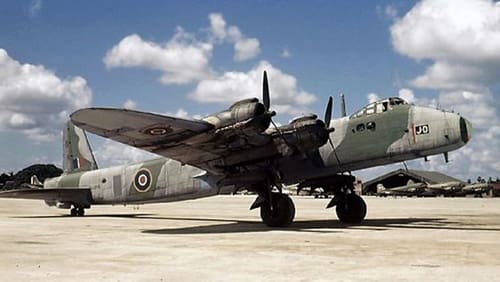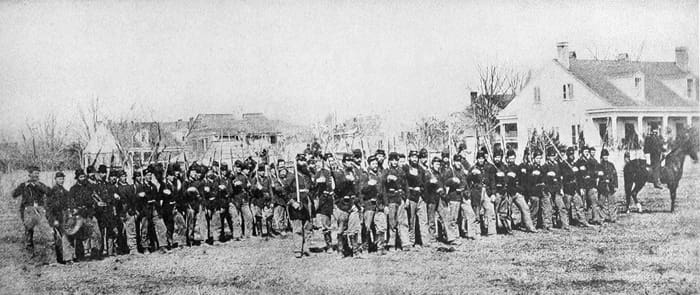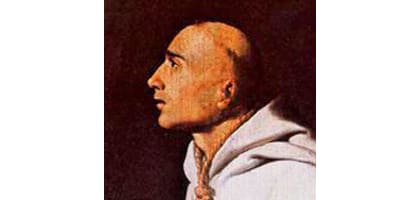William Clements (1824-1909),
Extracted from the Ilkeston Pioneer, 30 April 1909
“The small remaining band of Crimean veterans was further depleted on Saturday by the death in Ilkeston of Mr William Clements, of Brussells Terrace, who passed away at the age of 85.
The Deceased was not well known in the town although he had lived there for ten years as a lodger. Previously he had lived for 26 years in Bicester, his home town. Clements was born on January 17th, 1824, and served in the Oxford Militia for some years until the outbreak of the Crimean War. He then enlisted in the 7th Royal Fusiliers and proceeded straight to Balaclava. He was in the trenches there for 20 months, including the severe winter of 1854-5. Whilst there he was wounded by a Russian soldier, who ran him through the hand with a sabre. He killed his assailant by bringing the butt end of his rifle down on the man’s head. At one time Clements was on Lord Cardigan’s escort. Speaking of the privations endured during the siege of Balaclava, deceased used to relate how for many months the soldiers lived on dry biscuits and raw pork. Coffee beans were also dealt out to them, and these they ground and mixed with cold water. After the Crimean war he returned to Aldershot, where he had been stationed seven months when the Indian Mutiny occurred. He was amongst the first of the soldiers sent out to India, and was principally engaged in looking after native prisoners, many of whom were shot, hanged, or blown from the cannon’s mouth. Whilst in India he served under Sir Sydney Cotton and remained at Pershorse [Peshawar?] for three years after the mutiny had been quelled. Returning to Aldershot, he transferred to the Army Hospital Corps, and eventually left the colours after serving 26 years and seven months. Clements had two medals and a bar for the Crimean war. He enjoyed a pension of 1s. 6d. a day.
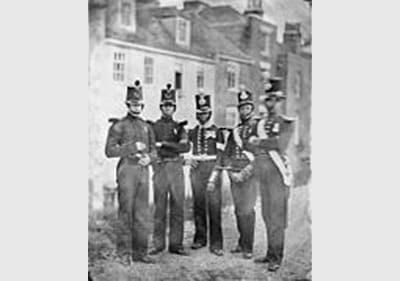
While he may not have been so well known in the town, a large crowd assembled on Bath Street as the gun carriage, supplied by the 4th North Midland Howitzer Brigade, carried the coffin from Brussells Terrace to the Catholic church. It was accompanied by the newly-formed 1st Ilkeston Boy Scout Troop, the Ilkeston St Mary’s Company of the Church Lads’ Brigade, the Ilkeston Territorial Band, G Company of the 5th Sherwood Foresters (Territorials) who formed the firing party, a dozen men from the Derbyshire Yeomanry, representatives of the local Soldiers and Sailors Help Society and various local dignitaries. But perhaps most prominent were ten members of the Derbyshire Imperial Veterans Association in their crimson sashes, each having served their 21 years and been amongst the last to have worn the red tunic of the British soldier. Other old soldiers took part. Father McCarthy, at the close of the rites, delivered a brief address. They looked back, he said, to the early fifties of the last century when their dead friend was a soldier in the Crimean war. He had as his friends and companions the Crimean veterans whom they saw amongst them that day and whom they were proud to have in their midst.
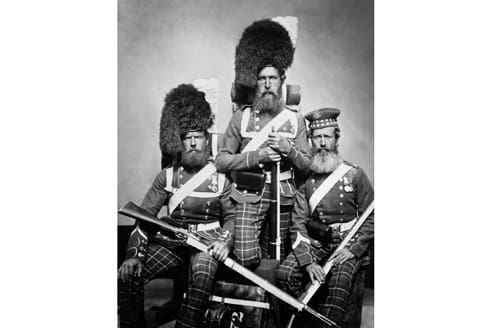
The deceased was in the great battles of Inkerman and the Alma, and knew those great heroes of the Light Brigade at Balaclava, whose achievements would inspire the manhood of all days and all climes. He lived at a time when soldiering was a much more difficult career than now, and when there was not the high medical skill such as they had in the present day. For twenty months he fought the Russians in the Crimea, and they knew he nobly did his duty.
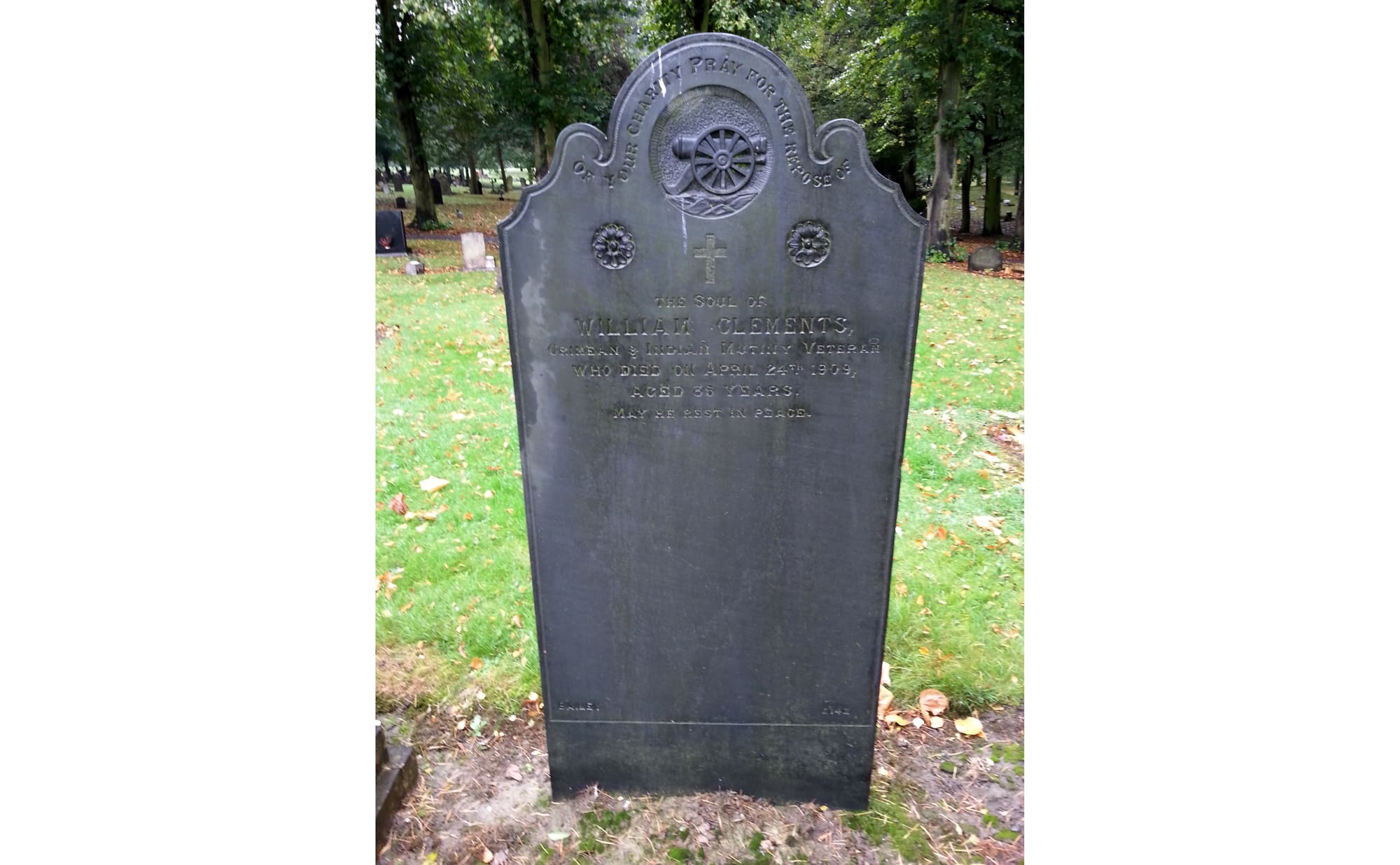
Superintendent Daybell and his Police Force watched over the procession as it made its way along Park Road and the Avenue to the cemetery and down to the lower slope. The drizzle that had been falling earlier in the day turned to heavy rain as the priest concluded the ceremony, the riflemen fired their volleys and the Last Post was sounded. Altogether, a remarkable feat of organisation in under seven days.”
On a pension of 1/6d a day and with no family, William Clements didn’t leave a great deal behind. His funeral and headstone were paid for by his friends and by subscription through a memorial fund.
Many thanks to Peter Cave for transcribing the above.

